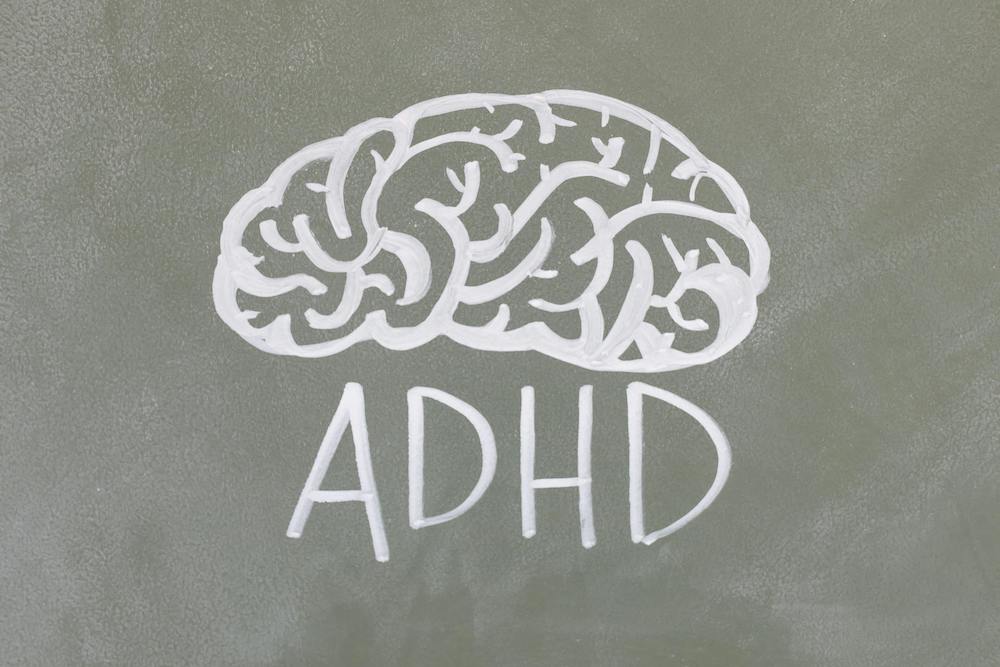In a world where misinformation often overshadows truth, understanding Attention-Deficit/
Table of Contents
Myth #1: “If a child isn’t super hyperactive, they don’t have ADHD”
There are other symptoms in ADHD in children besides hyperactivity. Other symptoms seen in children are task avoidance, inattention, difficulties with planning, organizational issues, overlooking details in school work, spacing out/daydreaming frequently, or talking excessively.
Myth #2: “ADHD ‘goes away’ in adulthood”
If you were diagnosed as a child, your diagnosis doesn’t disappear once you reach the age of 18. ADHD is described as an ongoing pattern of inattention and/or hyperactivity-impulsivity that interferes with functioning or development, however it may manifest differently during the various stages in one’s life.
Myth #3: “You can’t be diagnosed with ADHD in adulthood”
While ADHD symptoms typically become obvious during the school-aged years, they can certainly be masked until adulthood. This is often the case for individuals who have highly structured home or school environments, more supportive classrooms with lower student-to-teacher ratios, cultural differences in school or home expectations, and/or other diagnoses that have more noticeable symptoms. Testing for ADHD in adulthood is quite common as awareness has increased about ways symptoms can show up at work, home, or in public.
Myth # 4: “ADHD is a ‘product of poor parenting’”
A diagnosis of ADHD doesn’t correlate to the parents’ style of parenting. ADHD also does not mean you grew up without rules or structure. However, parents can play a pivotal role in their childs’ journey. For example, parents can advocate for educational support, or create an environment in the home that is conducive for the child to be successful. Proactive steps may lead to improvements in the course of ADHD.
Myth # 5: “ADHD is a ‘self diagnosis disorder’…everybody has it nowadays”
As society becomes more aware of the signs and symptoms of ADHD, more diagnoses occur because people can recognize this in themselves and their loved ones. Taking a test online to see if you have ADHD isn’t reliable – and many videos about ADHD discuss the general symptoms without knowing you as an individual. There are diverse methods when it comes to assessing, and it’s crucial to see a qualified professional so you can obtain accurate results for a potential diagnosis.
Final Thoughts to Digest
It’s imperative to recognize that ADHD, Depression, and Anxiety frequently share overlapping characteristics, adding complexity to diagnosis and treatment. Individuals with ADHD may experience symptoms such as difficulty concentrating, restlessness, sleep disturbances, and impulsivity, which can resemble manifestations of Depression and Anxiety. This similarity underscores the importance of thorough assessment by a qualified healthcare professional trained to differentiate between these conditions.
If you or someone you know harbors suspicions or concerns regarding an ADHD diagnosis, please reach out to us at our main phone number (408) 680-4114 or contact us for ADHD assessment services with our provider.


